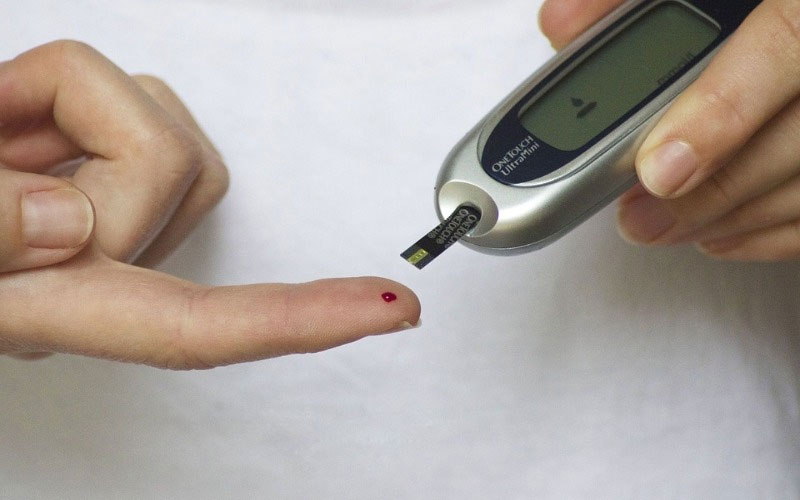
Whether you’re hoping to avoid the hormones and antibiotics found in processed animal-based foods or looking to do your part for the environment, there are many good points to consider when it comes to living a vegetarian lifestyle.
Good for Your Ticker

When followed correctly, a vegetarian diet can reduce your chances of hospitalization or even dying from heart disease, according to a study published in The American Journal of Clinical Nutrition. Researchers found that the study participants who ate a vegetarian diet were up to one-third less likely to wind up in the hospital, or succumb to heart disease than their meat-loving counterparts. A vegetarian diet consisting of foods that are low on the glycemic index — such as veggies, fruits, nuts, legumes, and whole grains — offer the most heart protection.
May Stave Off Cancer

Another study suggests that a vegetarian diet may also reduce your overall risk for developing cancer. Researchers found a correlation between reduced cancer risk and animal-free dietary regimens. Vegans (who eat no meat, fish, or poultry) were found to reap the greatest risk reduction both overall and for female-specific cancer types.
Better Blood Pressure Numbers

Over the years, researchers noticed a trend in blood pressure (hypertension) numbers. Vegetarians tend to have lower numbers than folks regularly consuming meat. Plant-based diets include foods that are lower in sodium and fat and are either low in cholesterol or cholesterol-free, all of which can have a positive impact on blood pressure numbers. Moreover, fruits and veggies tend to be loaded with potassium, a natural blood pressure inhibitor.
Bone Health Optimizer

It’s no secret that in countries where vegetarian diets are more prevalent, there are lessened rates of osteoporosis, a degenerative bone disease. Researchers say that eating animal-based foods can force calcium from the body, which leads to the loss of bone, and eventually, osteoporosis. However, researchers say that people who follow a lacto-ovo (consumes both eggs and dairy) vegetarian diet for more than 20 years lose an average of 18 percent or less bone mineral by age 80. Comparably, meat-eaters tend to have 35 percent less bone mineral remaining at that age.
T2 Diabetes Helper

Researchers found that vegetarians had roughly half the chance of developing Type 2 diabetes as their nonvegetarian peers. Studies suggest that vegetarian diets are closely associated with controlling and preventing T2 diabetes due to the inclusion of nuts, legumes, and whole grains—all of which are low on the glycemic index and help to keep blood sugar levels balanced and stable.
Is a vegetarian diet right for you? While shifting to a vegetarian diet is safe in general, it is invariably a smart move to check with your doctor prior to making dramatic changes to your diet.